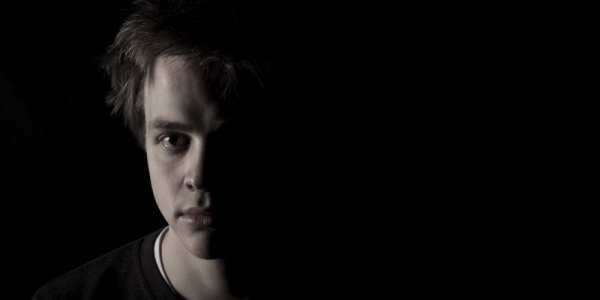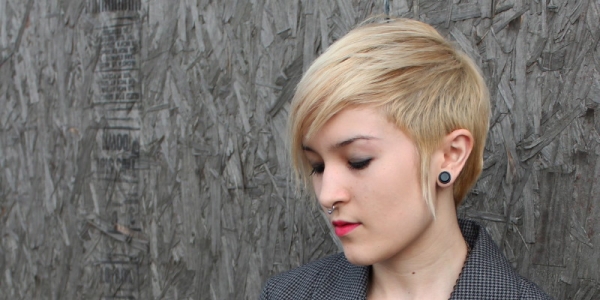Kennedy’s original name was a project very much associated with his roots in the dubstep scene. “I never tried to move away from dubstep,” he reflects. “I think what I like about Pearson Sound is that it is quite a vague name. It’s a more abstract name and I think it’s a more serious name. I have definitely preferred having that ambiguity with what I’m making now.”
It’s a fitting change for an artist who has never been tied down by genres or trends. Kennedy plays everything from house to techno, footwork to dubstep and his productions have been played by DJs across the spectrum of styles. This year has been a great time for Kennedy to take stock of things and shift gears, coming off the back of constant touring in 2010 and 2011. Part of that activity was promoting his installment in the well-respected Fabric mix series. “There was a lot of touring and press around that. I’ve had quite a bit of time off this year. I’ve been taking it quite easy and not taking on too many shows. Just trying to write some music basically. I just needed a bit of time out and some space to get back into writing music so it’s been a good year actually. I have written a lot so it has been productive too.”
So does that mean we’re going to get an album from Pearson Sound in 2013? “I don’t have any plans to,” says Kennedy. “I would just like to get some music out there I think.” Part of his challenge has been to keep his productions fresh. “I was trying to find a new sound to work with because I had become known for one particular sound and style. So I wanted to switch things up a bit this year. I think that’s important.”
It’s another advantage of the ambiguity that Pearson Sound offers him. “I think it means that if you get known for one particular style of music or whatever then there can be a lot of people who assume your stuff sounds one way or another. If you come with something fresh then people can maybe be a bit more open-minded and then when they find out you have done other music then they’re like, ‘Ok, cool. I’ll go and check that out as well’.”
There is still a sense of artistic continuity between Ramadanman and Pearson Sound though. Kennedy’s attention to detail, percussive switch-ups and often minimal, stripped back approach are all there. “I guess it’s just the way I make music,” he says, “and it’s still me making the tracks. I haven’t radically changed how I do it so there will be those similarities between my older stuff and my newer stuff.”
That approach involves a highly critical attitude about composing his own tracks. “I’m very much a believer that if it’s not adding anything then just get rid of it. Having fewer elements means it’s sort of decluttering your tune and giving space for elements, either frequency wise or rhythmically. If you have fewer sounds in the track then it will be easier to get it sounding good so I’ve always been interested in stripping it back.
“I mean, sometimes you will start a track and an hour later you will start with none of the original elements you started with which is quite fun sometimes. You’ll wonder – how did I get to this point?”
Kennedy agrees that all the touring has been a positive experience though. “Yeah definitely. I think maybe a few years ago if I was having technical problems or whatever then I think I would have reacted a lot worse to it than I would now. Whereas now, having played in so many conceivable situations – the decks not working for example – that if anything does go wrong I just deal with it a lot better. I still manage to concentrate and not let it affect me.
“I think, when you’re just starting out and you’re playing in front of hundreds of people you have a bit of a meltdown and you can’t play. Whereas now you just have to take a step back, take a deep breath and say, ‘Look, there’s nothing I can do about this. Let’s just try and enjoy the show still’.
“You have got to remember that it’s about the music you are playing and if in a worst case scenario you couldn’t mix between two tunes you can still put on a record. People can still have a good time. You just have to remember that. I can be my own harshest critic sometimes but a lot of people just want to hear the music.”

